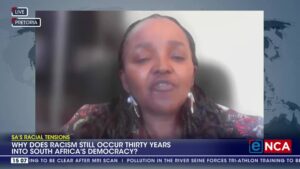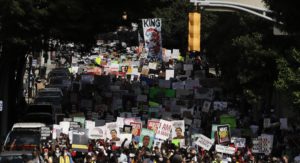The United States hosted the Ninth Summit of the Americas on 6-10 June 2022, with a focus on ‘Building a Sustainable, Resilient, and Equitable Future’. President Joe Biden welcomed leaders from the Americas seeking cooperation on shared challenges, including corruption, violence, climate change, and China’s increasing influence and potential to disrupt democracies in Latin America. It is noteworthy that half of the democracies in Latin America and the Caribbean are experiencing democratic erosion as several democratically elected leaders in the region have sought to undermine public trust in the electoral system and democratic institutions. At center stage was migration, an issue affecting every country in the hemisphere and thus requiring collaboration and cooperation.
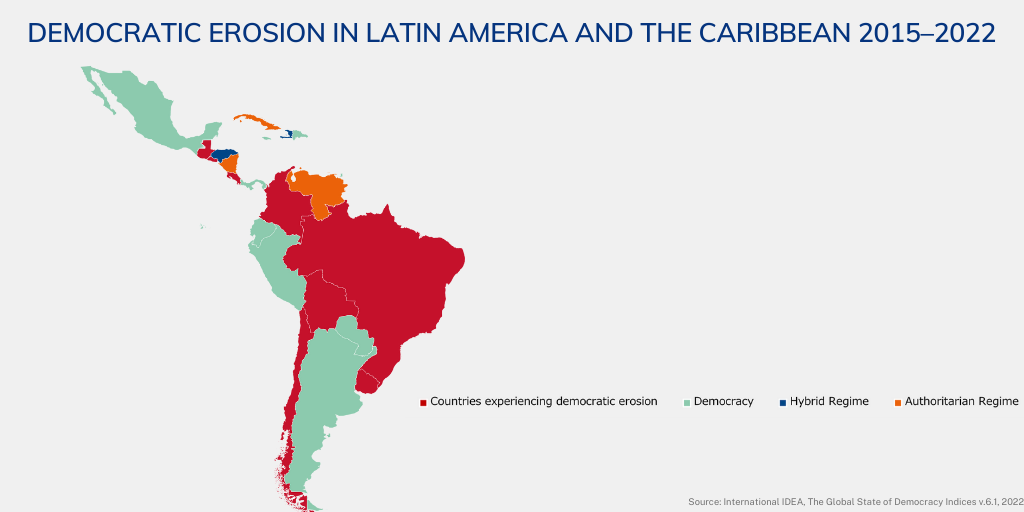
The Americas are facing the largest external displacement crisis in recent history. While the hemisphere accounts for only 12 per cent of the world’s population, the IOM reports more than a quarter of the world’s displaced population are in the Americas. Crackdowns on the opposition, high levels of crime, violence, corruption, environmental degradation and endemic poverty have driven the current migration crisis. The situation is particularly dire in El Salvador, Guatemala, Haiti, Honduras, Nicaragua, and Venezuela, providing the largest influx of immigration to other countries in the region. More than 6 million refugees and migrants have left Venezuela and are hosted by 17 countries across the Americas. The United Nations High Commissioner for Refugees (UNCHR) reported more Nicaraguans were seeking protection in Costa Rica as of February 2022 than the total number of refugees and asylum seekers fleeing violence during the Central American civil wars of the 1980s. Similarly, the U.S. Coast Guard registered the largest number of Haitian and Cuban refugees at sea since 1994. In a critical moment that requires bolstered unity, the Summit was an opportunity for the region to come together, but the meeting intended to unify the region is now fuelling fractures.
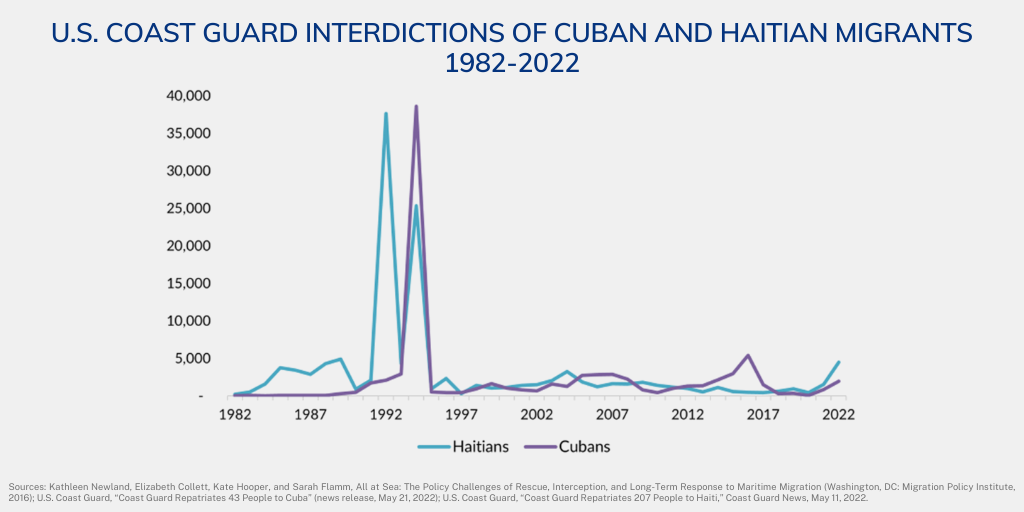
The Ninth Summit failed to bring everyone to the table and was marred by controversy about Biden’s decision to exclude the authoritarian regimes of Cuba, Nicaragua, and Venezuela from the gathering. This was widely criticised by several Latin American governments and prompted a boycott led by Mexico’s left-wing populist President, Andrés Manuel López Obrador, followed by leaders of Bolivia, El Salvador, Guatemala, and Honduras. The sense in the region was that the exclusion marked a step backward from the 2015 episodes of improvement towards a more inclusive summit and more inclusive agreements. While Biden had hoped to display American strength and leadership by isolating Cuba, Nicaragua, and Venezuela, the backlash revealed a wavering US influence and failed regional diplomacy. Instead, the US isolated itself as the trend of rifts and weakening commitment to democracy in Latin America remains.
The Summit, perceived as a failure by many analysts, took place in a remarkably different context from previous summits that called for a more inclusive gathering and US Latin America policy. After President Trump’s decision to skip the 2018 Summit, many had hoped that Biden would continue on the path taken by the Obama administration in 2015, where Cuba’s participation in the Summit of the Americas was encouraged and supported by the US. At the time, President Obama argued the best way to address US disagreements with Cuba and other countries in the hemisphere on such issues as human rights and democracy was by engaging with them. The democracy and human rights situation has deteriorated across Latin America and the Caribbean since 2015. With leaders showing increasingly autocratic tendencies, the US needs to strengthen ties and relationships with Latin American countries, forging new alliances to counter the influence of China and address the conditions driving migration.
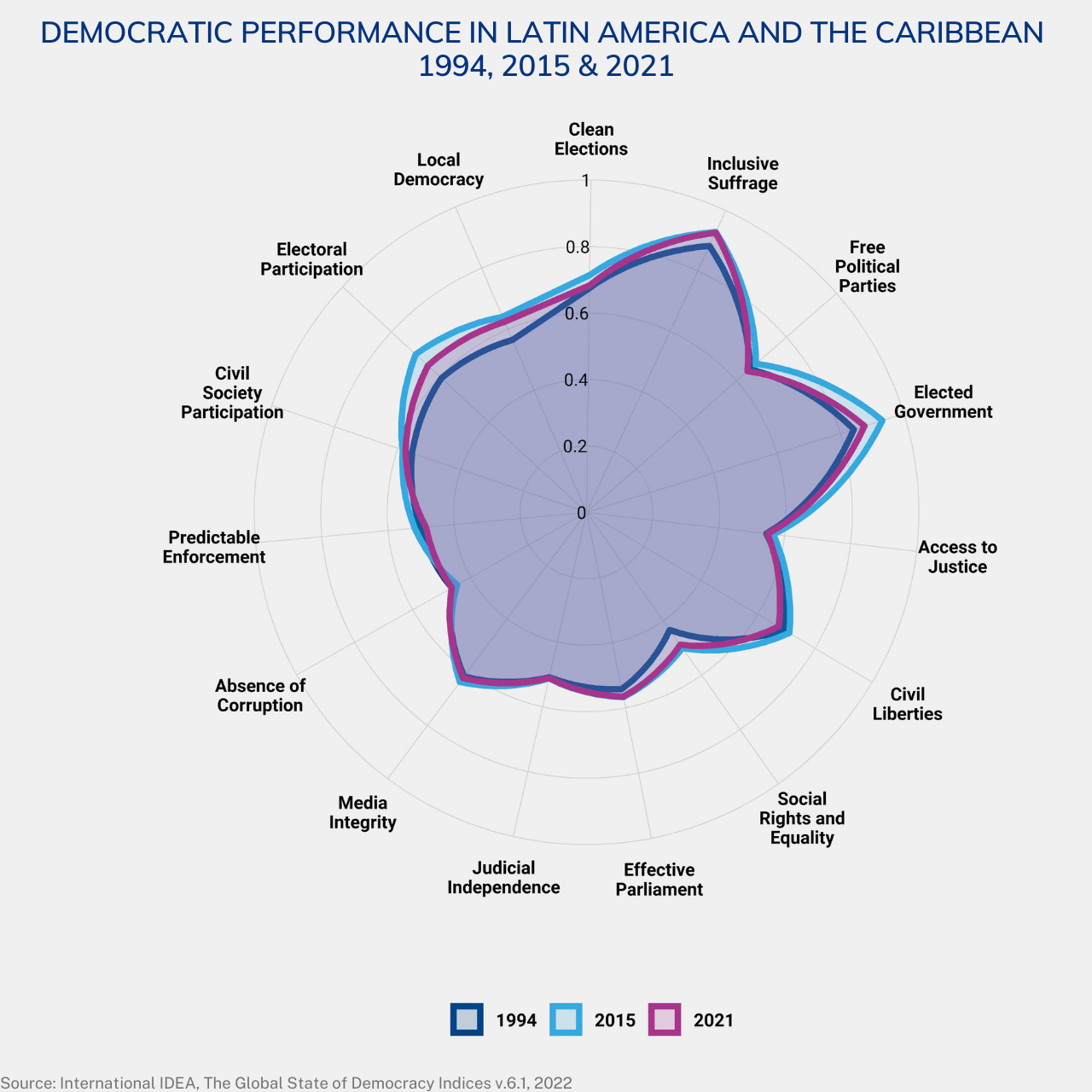
President Biden wrapped up the Summit by unveiling the Los Angeles Declaration on Migration and Protection, a new plan to tackle migration that commits the governments of 20 countries to create the conditions for safe, orderly, humane, and regular migration and to strengthen frameworks for international protection and cooperation. While it is a useful framework welcomed by the UNCHR that could potentially represent a significant step for real cooperation on the pressing issue of migration across the region, it is a limited non-binding mechanism. With Nicaragua being one of the countries that refused to sign, the controversy and notable absence of key regional leaders responsible for the largest flow of undocumented migrants including Cuba, Guatemala, Nicaragua, and Venezuela, have made a dent in the significance of the joint declaration.
We are reminded on World Refugee Day that all countries of the Americas need to come together and provide protection to those forced to flee their homes in their time of need – no matter who or where they are, on World Refugee Day and every day. Leaders of the region need to step up and expand efforts and constructive dialogue to improve conditions and opportunities to address the root causes of migration. The Summit should gather all nations of the region to foster better dialogue, ensure sustainable solutions and a brighter future for the hemisphere. Failing to include all countries affected in the discussion prevents the Summit from delivering the much-needed policies and cooperation efforts to tackle interconnected challenges of migration and democratic and human rights across the region.

ABOUT THE AUTHOR
ASSOCIATE PROGRAMME OFFICER
Maria Santillana
Santillana is an Associate Programme Officer at the Democracy Assessment (DA) Unit. Her work is focused on strategic communication, political analysis, outreach and coordination activities for the Global State of Democracy (GSoD) initiative, with a special regional focus on the Middle East and Latin America and the Caribbean.



